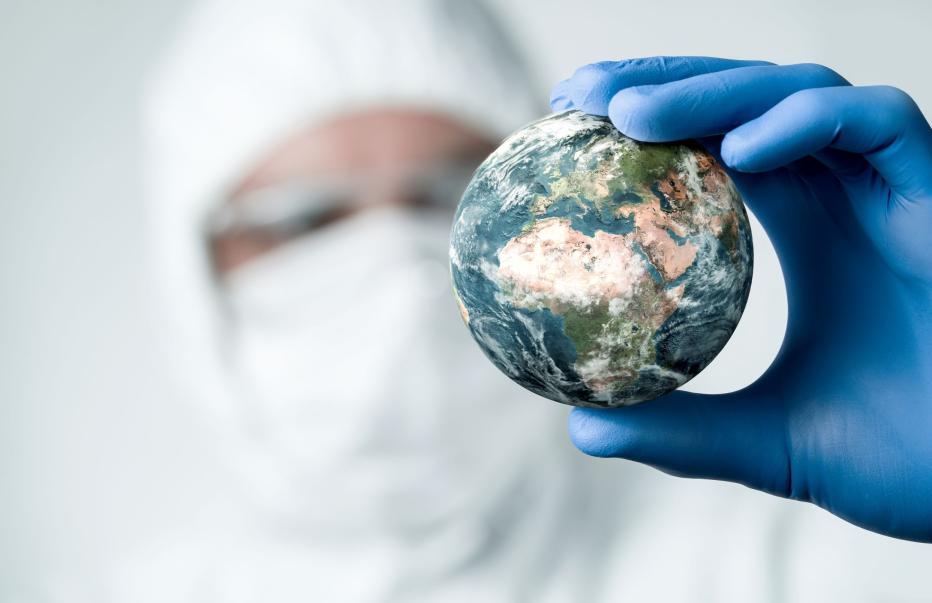
A global pathogen early warning system is needed to catch the full range of biological threats before they become pandemics, a new report concludes.
Jacobs’ Health Governance team, along with national security and health analysts worldwide, participated in developing the report, issued by The Council of Strategic Risks on July 20.
The report, Toward a Global Pathogen Early Warning System: Building on the Landscape of Biosurveillance Today, identifies critical gaps in biosurveillance and offers recommendations on how to prevent future pandemics.
“The Council’s report was derived from work done by the Alliance to End Biological Threats,” said Jacobs’ Principal of Health System Resilience practice, Dr. Nino Kharaishvili. “The Alliance’s mission was to help envision, promote and create a system of preparedness and rapid response that stops biological threats as soon as they emerge. The report is a major step forward in understanding the landscape so that we’re better prepared for the next adverse event.”
The report showed that gaps exist across different regions of the world in disease reporting, data collection and timeliness of disease reporting. “Though the world’s ability to detect, track and analyze disease threats has improved considerably over the past decades,” the report stated, “the COVID-19 pandemic drove home a terrible reality: the systems we had in place are still deeply insufficient for halting the rapid spread of a novel pathogen fast enough to prevent a staggering level of damage.”
Some recommendations to create a global early warning system include:
- Expanding next-generation sequencing.
- Covering high-risk “nodes”, such as large geographic areas with high exposure.
- Developing standards for data interoperability and data sharing systems.
- Taking into account inequities and disparities across populations.
Read the full report here.
The Council on Strategic Risks (CSR) is a nonprofit security policy institute devoted to anticipating, analyzing and addressing core systems to security in the 21st century. CSR hosts non-partisan institutes on climate and security and strategic weapons risks, and also hosts council members-practitioners and scholars pursuing individual research and policy programs that explore systemic risks to security and the intersection between them.












































